
Winter 2019/2020 Edition
Submitted by rgordon on Thu, 12/12/2019 - 10:21

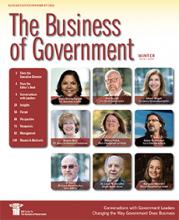
The Business of Government Magazine - Winter 2019/2020 Edition

Harnessing the Power of Data to Improve Government Services

From the Editor’s Desk

Leading the September 11th Victim Compensation Fund: A Conversation with Rupa Bhattacharyya, Special Master, Victim Compensation Fund, U.S. Department of Justice

Providing Development and Humanitarian Assistance: A Conversation with Bonnie Glick, Deputy Administrator, United States Agency for International Development

Building a Weather-Ready Nation: A Conversation with Dr. Louis W. Uccellini, Director, National Weather Service

Modernizing Government to Meet 21st Century Realities: A Conversation with Margaret Weichert, Deputy Director for Management, Office of Management and Budget

Managing Enterprise Risk: Insights from Tom Brandt, Chief Risk Officer, U.S. Internal Revenue Service

Providing Mission-Support Services Across Government: Insights from Allison Brigati, Deputy Administrator, U.S. General Services Administration

Modernizing the U.S. Federal Data System: Insights from Nancy Potok, Chief Statistician, Office of Management and Budget

Role of IT in the Delivery of Rail Service: Insights from Al Short, Chief Information Officer, Washington Metro Area Transit Authority

Rebuilding Foundations and Driving Innovation: Insights from Dr. John Zangardi, Former Chief Information Officer, U.S. Department of Homeland Security
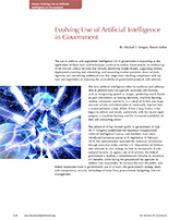
Evolving Use of Artificial Intelligence in Government
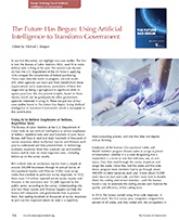
The Future Has Begun: Using Artificial Intelligence to Transform Government
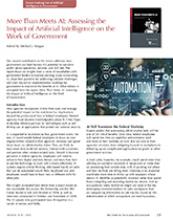
More Than Meets AI: Assessing the Impact of Artificial Intelligence on the Work of Government
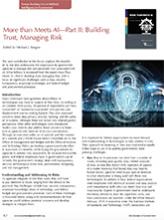
More than Meets AI—Part II: Building Trust, Managing Risk
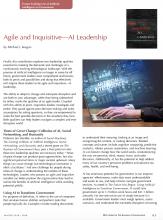
Agile and Inquisitive—AI Leadership
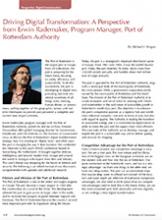
Driving Digital Transformation: A Perspective from Erwin Rademaker, Program Manager, Port of Rotterdam Authority
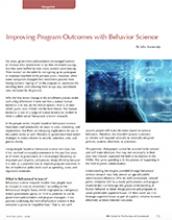
Improving Program Outcomes with Behavior Science
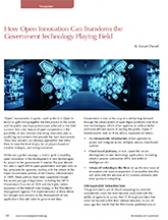
How Open Innovation Can Transform the Government Technology Playing Field
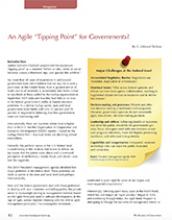
An Agile “Tipping Point” for Governments?
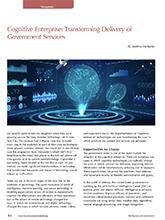
Cognitive Enterprise: Transforming Delivery of Government Services
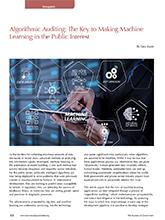
Algorithmic Auditing: The Key to Making Machine Learning in the Public Interest
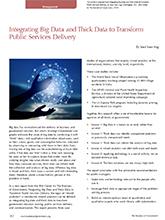
Integrating Big Data and Thick Data to Transform Public Services Delivery
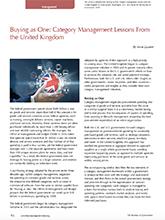
Buying as One: Category Management Lessons From the United Kingdom
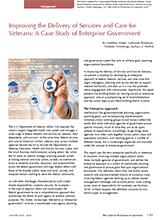
Improving the Delivery of Services and Care for Veterans: A Case Study of Enterprise Government



